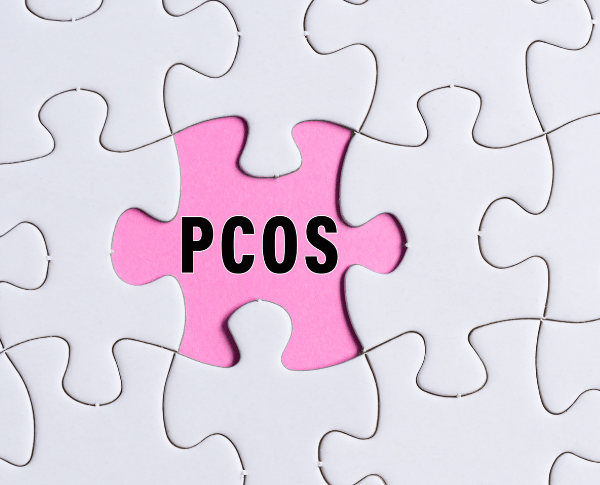PCOS
hormonal disorder
HEALTHCARE


Polycystic ovary syndrome (PCOS)
Polycystic ovary syndrome (PCOS) is a common hormonal disorder that affects many women worldwide. It is characterized by various symptoms and can significantly impact a woman's quality of life. However, with timely diagnosis and appropriate management, women with PCOS can lead fulfilling lives. In this blog, we will explore the symptoms of PCOS and delve into effective strategies for its treatment and long-term management
Polycystic ovary syndrome is a hormonal disorder that affects the reproductive system in women. While the exact cause of PCOS remains unknown, it is believed to result from a combination of genetic and environmental factors. Women with PCOS typically have higher levels of androgens (male hormones) and experience imbalances in insulin production and utilization.
Common Symptoms
Irregular menstrual cycles
Women with PCOS often experience irregular or absent menstrual periods. This occurs due to disruptions in the normal ovulation process.
Excessive hair growth (hirsutism)
Increased androgen levels can lead to the growth of coarse hair on the face, chest, back, and other areas where men typically have hair.
Acne and oily skin
PCOS can cause acne breakouts and result in excessively oily skin due to the increased androgen levels.
Weight gain
Many women with PCOS struggle with weight gain or find it difficult to lose weight. This can be attributed to the insulin resistance often associated with the condition.
Hair loss
In some cases, women with PCOS may experience thinning hair or hair loss due to the hormonal imbalances.
Mood swings and depression: Hormonal fluctuations can contribute to mood swings, irritability, and increased vulnerability to depression.
Effective Management Strategies
While there is no known cure for PCOS, there are several strategies that can effectively manage its symptoms and minimize the associated health risks.
Lifestyle modifications
Adopting a healthy lifestyle can have a significant impact on PCOS management. Regular exercise, a balanced diet, and weight management are crucial. Focus on consuming nutrient-rich foods, including fruits, vegetables, whole grains, and lean proteins, while minimizing processed foods and sugary drinks.
Medications
Depending on the individual's specific symptoms and needs, healthcare providers may prescribe certain medications. These may include hormonal birth control to regulate menstrual cycles, anti-androgen medications to reduce excessive hair growth and acne, and medications to improve insulin sensitivity.
Fertility treatment
For women struggling with fertility issues due to PCOS, various fertility treatments, such as ovulation induction, in vitro fertilization (IVF), or other assisted reproductive technologies, may be recommended.
Psychological support
PCOS can have a significant emotional impact on women, so seeking psychological support is important. Therapies like cognitive-behavioral therapy (CBT) can help address mood swings, depression, and anxiety.
Regular check-ups
Routine check-ups are essential for monitoring hormone levels, assessing the effectiveness of treatment, and managing any potential health complications.
Polycystic ovary syndrome is a complex hormonal disorder that affects many women worldwide. While there is no cure, timely diagnosis and effective management can significantly improve the quality of life for women with PCOS. By adopting a healthy lifestyle, following prescribed medications, seeking psychological support, and staying vigilant with regular check-ups, women can successfully manage the symptoms of PCOS and mitigate the potential health risks associated with the condition. Remember, early intervention and proactive management are key to living a fulfilling life with PCOS.


